Have you ever heard someone saying that they are getting happy or sad on any given day?
Throughout the years, many of us have theorized whether depression was a “choice” if it’s “curable”, and what exactly has “led” to it. Everyone has different perspectives on the subject, and we frequently come across studies in which people share tips and advice on how to cure depression symptoms or how to be happy in a few simple steps!
To understand if the cause of depression is a choice or a disease, and before we start looking into possible cures, first let’s understand,
What depression is?
In reality, anxiety and depression are caused by chemical imbalances within the brain. The most common symptoms of depression include sadness, irritability and a general disinterest in activities that were once enjoyed by the sufferer. Though these symptoms aren’t to be taken lightly, there are tons more to the causes of depression than the above.
Mental illness has oftentimes been equaled to physical illness. As the symptoms of depression may not be visible on the body, it is often overlooked because of the improper awareness of the conditions and circumstances surrounding mental disorder, anxiety and depression.
Depression Symptoms
Depression can be more than a perpetual state of sorrow or feeling gloomy.
The symptoms of this mental disorder often vary among different age groups, gender and demography.
Men may experience anxiety symptoms related to their:
- mood, such as anger, irritability, aggressiveness, restlessness, anxiousness
- emotional well-being, such as hopeless feeling empty, sad
- behavior, such as loss of interest, thoughts of suicide, losing pleasure in daily favorite activities, feeling tired easily, drinking excessively, indulgence in drugs, engaging in high-risk activities
- cognitive abilities, such as incapability to concentrate, late responses during discussions, difficulty in performing general tasks
- physical well-being, such as pains, fatigue, headache, digestive problems and more
Women may experience anxiety disorder related to their:
- mood, such as irritability
- emotional well-being, such as feeling empty or sad, worried or pessimistic
- behavior, such as thoughts of suicide, loss of interest in daily activities, withdrawal from social engagements
- cognitive abilities, such as talking slowly or thinking
- physical well-being, such as decreased energy, weight changes, increased fatigue, changes in appetite, headaches, increased cramps, aches, pain
Children may experience anxiety and depression related to their:
- mood, such as mood swings, crying, irritability, anger
- emotional well-being, such as intense sadness, crying, feelings of incompetence or despair
- behavior, such as avoiding friends or siblings, getting into trouble at school or refusing to go to school, thoughts of death, suicidal tendency
- cognitive abilities, such as difficulty concentrating, a decline in school performance, changes in grades
- physical well-being, such as weight loss or gain, changes in appetite, digestive problems and more
The anxiety symptoms may also extend beyond your mind.
How Does Society View Depression?
Even today, typical healthy people disregard anxiety for the foremost part as they are unaware of the rationale behind it. Some healthy people advise that “live life to the fullest, just stop being sad, or happiness may be a choice”. But such advice may be hard for sufferers of anxiety and depression to accept and they may not even consider listening to it.
Every morning after waking up, some people overthink the silly matter and becomes emotional, and start to cry. Even if there is no bad news, no deaths, no loss of cash or any valuables, and no illness – but they’ll still cry. Sometimes they’ll spend the entire day in bed and no kind gestures can make them happy. They’ll constantly mention and specialize in negative and saddening things, which eventually leads to a complete or partial loss of interest in life. It may also lead to various symptoms related to anxiety and depression.
How Depression Affects People’s Personal Lives?
People suffering from anxiety disorder lead their lives feeling low and rejected. Ironically, it can happen to anyone- regardless of their circumstances & psychological state of mind. Memories of an instance may stick to the mind of the patient and it may gradually lead to obsession. Adding to that, if this unusual state of mind is not treated or corrected on time, it can also direct to an eventual state of depression.
Therapy for depression
Living with sadness can be tough, but anxiety medication can help boost your quality of living.
You may favorably manage signs with one form of depression treatment, or you may also find that a combination of medications working best for you. It is common to combine lifestyle therapies and medical treatments including the following:
1. Medications
Your healthcare provider may prescribe:
- antidepressants
- antipsychotic medications
- anti-anxiety medications
Each type of medication that’s used to treat depression has various wonderful benefits and often a few potential risks.
2. Psychotherapy
Connecting with a therapist can aid you to learn skills to cope with adverse sentiments. You may additionally benefit from family or assembly therapy sessions.
3. Light therapy
Exposure to portions of white light can aid to improve your mood and decrease depression symptoms. Light therapy treatment is generally used in seasonal affective disorder, which is also called major depressive disorder with seasonal pattern.
4. Exercise
Aim for at least half an hour of physical workout three to five days a week. Various forms of exercise, such as
yoga, meditation and more can increase your body’s reproduction of endorphins, which may improve your mood drastically.
5. Avoid alcohol and narcotics
Drinking or abusing narcotics may make you sense better for a short while. But in the longer run, these drugs can stimulate anxiety and depression symptoms.
6. Learn how to say no
Feeling overwhelmed can worsen anxiety and depression symptoms. Setting boundaries in your professional and personal life can also help you feel better and refreshed.
And now, the most asked question. Is depression curable?
Fortunately, yes. We can overcome depression with the assistance of medications, guided therapy, psychotherapy and more. It can’t, however, be cured overnight, especially considering that the sufferers are preoccupied with negative thoughts for weeks, months, or maybe several years. For observing a positive change, individuals must constantly and sincerely follow treatment plans and, in particular, be truly willing to recover from the unusual state of mind.
Nobody chooses to be unhappy. It’s the situations and environments an individual faces throughout their life that create the conditions of anxiety and depression. While people might treat depression lightly at its onset, if left unchecked, depression can become a serious illness. The treatment for depression must be done as soon as possible to achieve the best and early results. To get assisted by the best doctors in India, you can also consult to doctor online from Clinqon E-Clinic.
Remember, Depression isn’t a choice, rather it’s a short-lived problem that can easily be taken care of!
Stay Safe, Stay Unaffected!!!


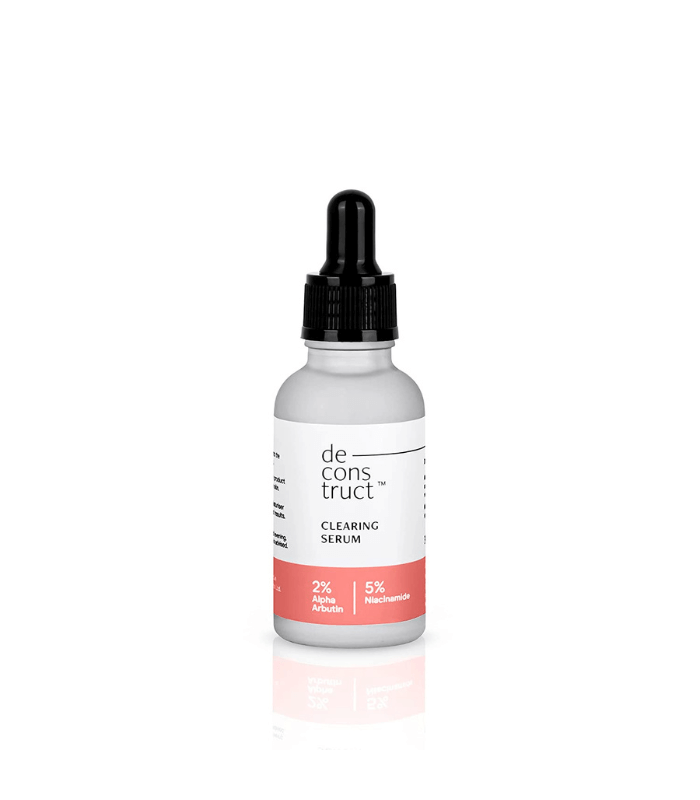



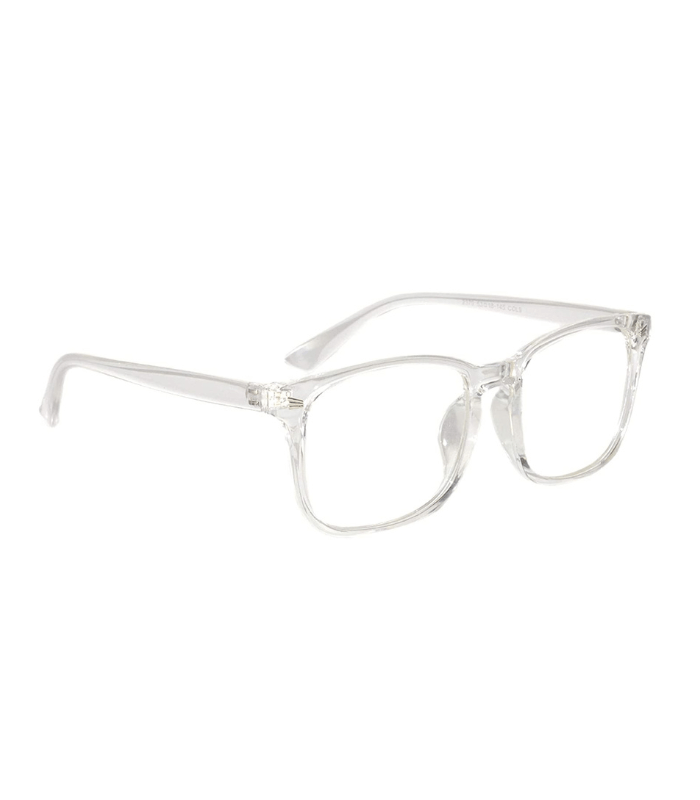






























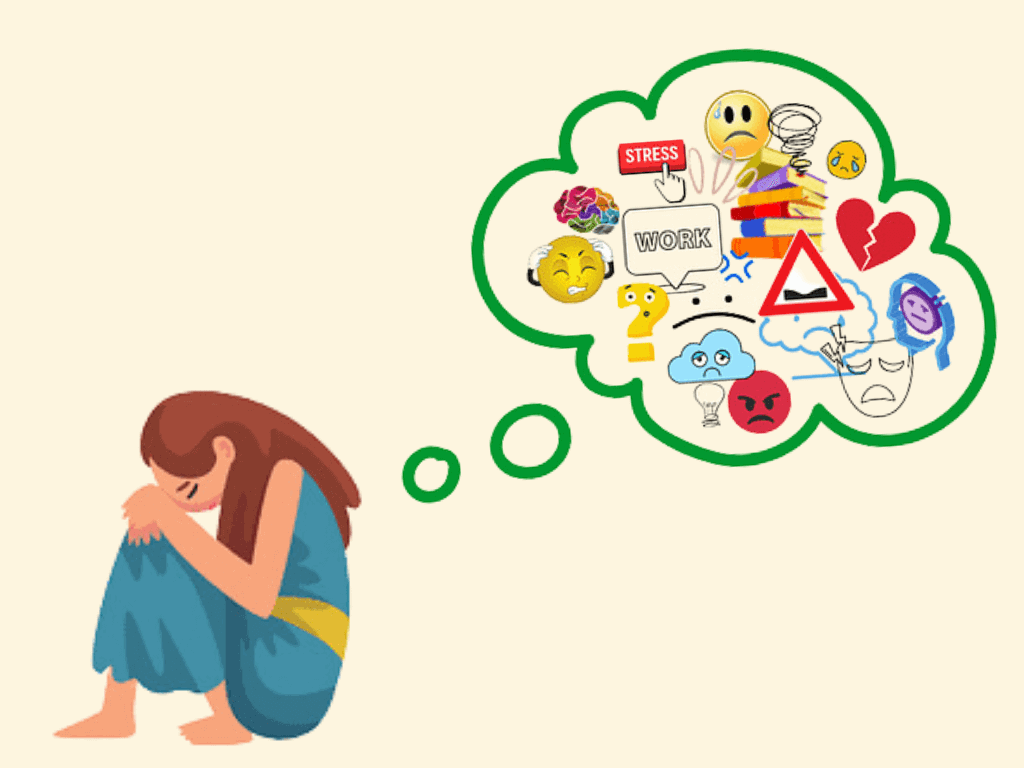

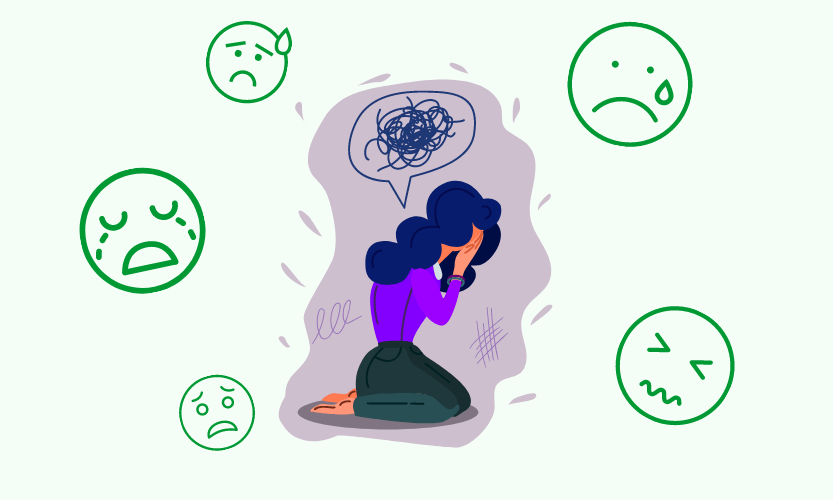
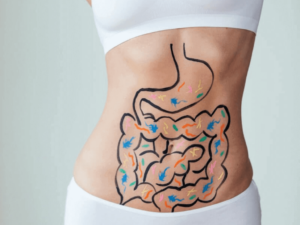


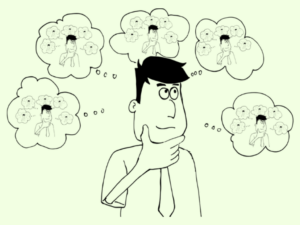


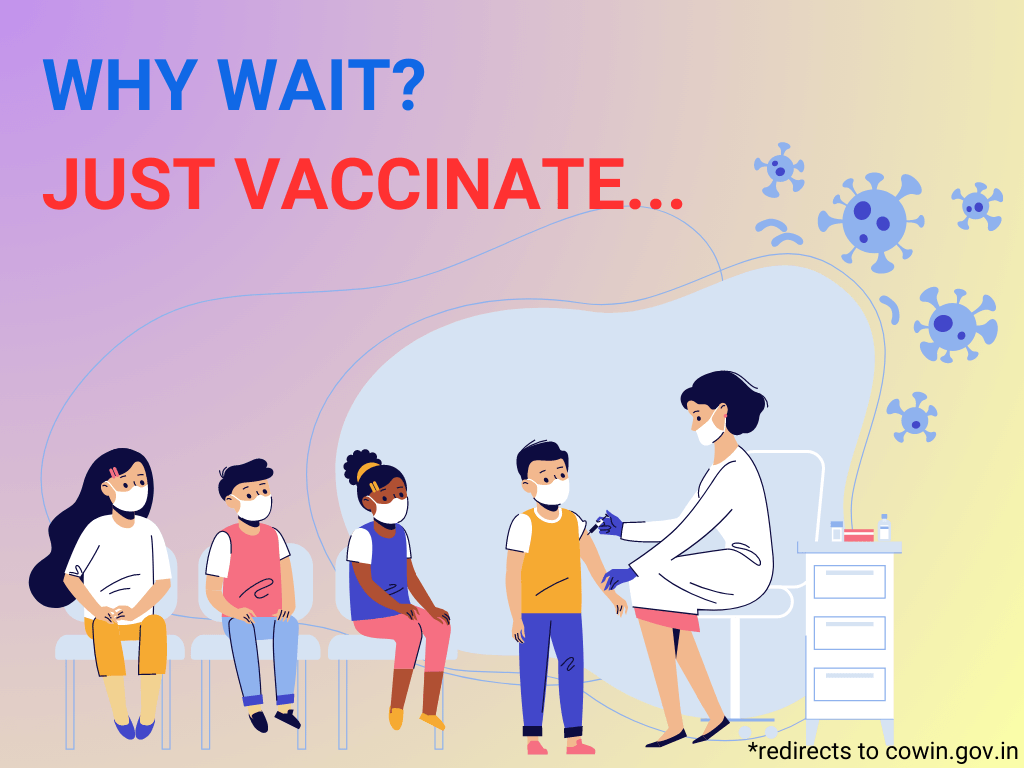























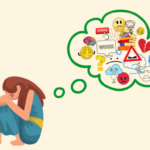


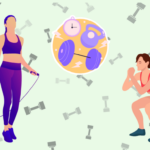
When someone is dealing with depression it is very difficult to be able to do such activities to get out of it, especially when there is no desire to do anything maybe the family and others need to take more charge….to make sure said person does something.
??????
Very interesting read!
Informative article ??
Informative article
Welll ???
Informative article ?
Good article, now a days whole world is facing the above issue. Nice to get some information to tackle this situation.
Great article in these times
Loved this one!!
Great information.
Thanks for sharing
Very informative thanks for sharing ??
It was very informative and very much related. I appreciate your work and effort. Keep up the work and keep giving us great content to read. ?
????
Well written!
Very informative article..
This was so informative
Very informative ?
Great information.?
Love the article:)
Very well written and really informative!
A very informative article addressing and de-stigmatising the issues around mental health. Indeed a great way to create awareness ??
A very educative article. Indeed a great way to de-stigmatise and address the issues around mental health in society! ✌️
Very well written! Loved reading it!
Too good! Article vibrates the problems accurately ?
Very informative ?
Very informative
Well written
Engaging blog..thankyou for giving such useful information
great article!
Loved reading this.
Informative article